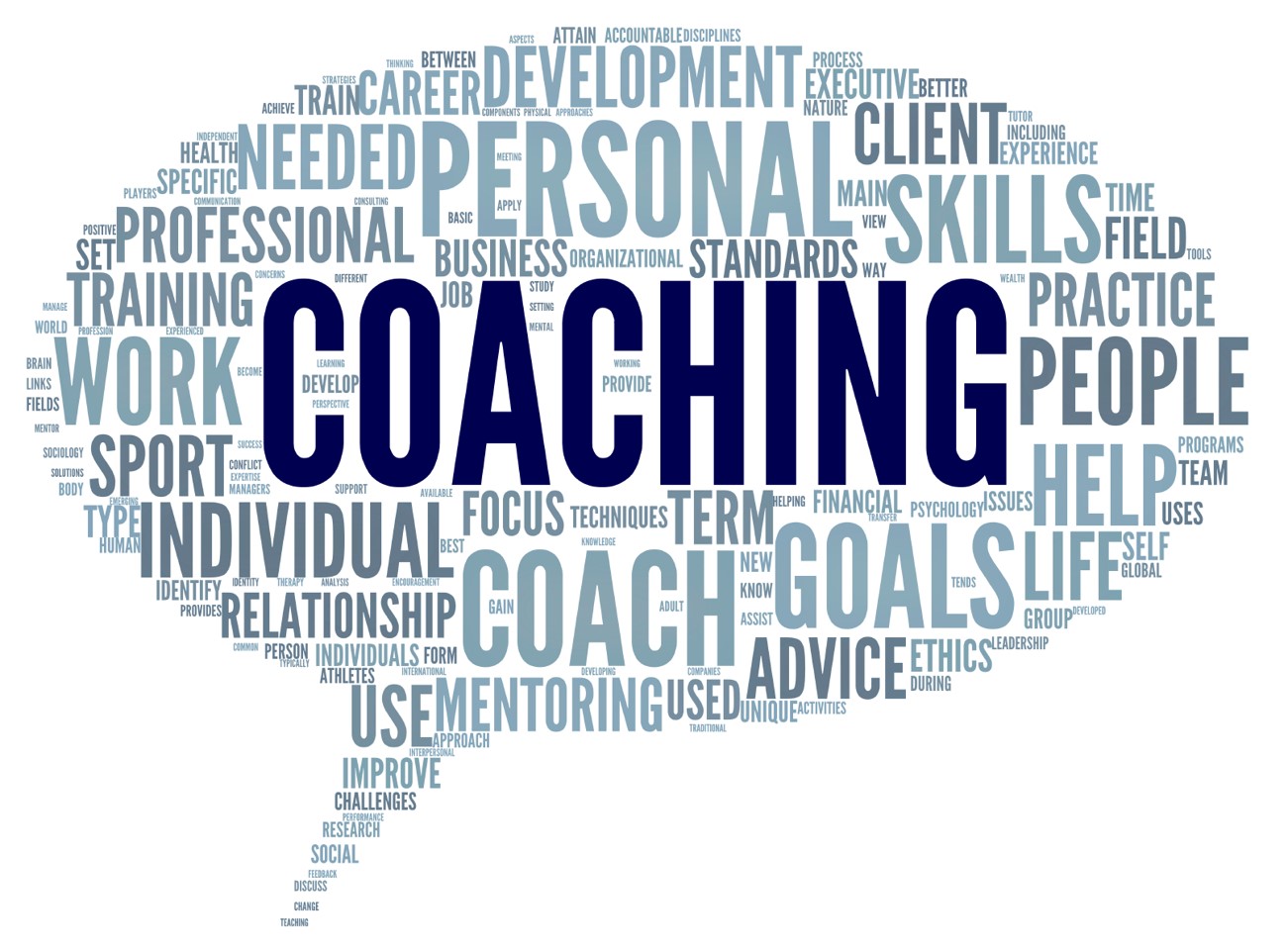As a career educator and trainer, the concept of lifelong learning has always been a given for me. Albert Einstein famously said “once you stop learning, you start dying”. Commitment to lifelong learning is also an acceptance that “what got you here, won’t get you there”, a point very well made in the 2013 ADC paper by Nicholas Jans, ‘The Chiefs, A Study of Strategic Leadership’.
So in acknowledging the importance of lifelong learning we can potentially accept that any attempts to keep on learning is good. The ADF, however, should always have a sharp focus on what this learning should be and when it needs to change. The Australian public places its trust in Defence to protect us and our nation’s interests and therefore not only do we need to continue to learn but we need to be ahead of the game. We need to know what learning to provide today in order to be ready for what our people will need in the future.
So where is a good place to start? How about with the individual learner? We need our people, each individual, to realise their potential. If each individual within Defence realises their potential then we will possess an ‘intellectual edge’ over our adversaries.
There has been incredible change in education and training practices since I was in primary school in the 1970s. No longer do we use one way to teach, where the teacher stands out the front talking and the students sit at individual desks listening intently. Now, there is nothing wrong with this method, it provided society with some educated and successful people who were able to reach their potential. It was the predominant method used during my undergraduate degree and throughout my 28 years in the Air Force. Today though, we acknowledge that individuals learning different ways using a vast variety of methods, made available to us through advances in technology and greater research into learner diversity and how people learn best.
When deciding what someone needs to learn today for tomorrow, there are many more decisions to be made on the most effective and efficient way this can occur. We are acknowledging that the learning experience is now centred on the learner and not the trainer, educator or workplace manager. This probably sounds wonderful to the learner and a lot like more work for the educator. While this is true in many instances, it does mean that there is more responsibility on the learner for their own learning and a different focus for the educator. Learners need to be aware of what works best for them if they are going to reach their potential and Educators and Workplace Managers need a different set of tools to assist their learners. The most powerful tool I have discovered is COACHING.
Coaching has been defined by Sir John Whitmore as ‘unlocking a person’s potential to maximise his or her own performance. It is helping them to learn rather than teaching them’. The following Chinese proverb explains it well:
Give a man a fish and you feed him for a day; teach a man to fish and you feed him for a lifetime.
Coaching is empowering for individuals as it puts them in control of their destiny, but it also makes them accountable as they have responsibility for their own actions.
So what are the primary characteristics of coaching that can make it so powerful? - LISTENING AND QUESTIONING. Doesn’t sound too difficult does it? We all do this multiple times a day in our workplaces, however, in practice being good at both of these as a coach takes practice, practice and more practice, especially if you take into account no judgement is to take place and no offering of solutions is allowed in one-on-one coaching.
The role of the coach is to provide a space for the coachee to go through their thought process without offering your thoughts or opinions and without questioning them why. This is hard when most of us as educators or managers in Defence see ourselves as problem solvers with plenty of previous experience to draw on from the past. In fact it is probably why we are the educator or manager. There will be plenty of situations where a coachee will describe an issue and as a coach you would be able to provide many options to them on how to proceed. What you need to realise is that by providing answers you are not bringing out the best in the person. What we are doing is making them reliant on us and in some situations lazy. They don’t see a need to figure it out for themselves because the boss will tell me how.
We want our people to be their own problem solvers. We want them to function well when we are not there. Ultimately, we want them to take our place in the organisation. Research has shown that the average person talks between 125 and 150 words per minute but we can listen to up to 400 words per minute. This leaves spare time for us each minute to dream up a response to what we are hearing. In order to be a successful coach, this time should be used to think of questions we can ask the coachee to confirm what they are saying and help clarify their thoughts. Effective questioning, asking the right question at the right time, communicates to the coachee that they are truly being listened to. It builds rapport and creates great communication.
As a coach, it can be difficult to listen at times and find the right questions to ask, but you need to stay the course. When the individual you are coaching has that light bulb moment, where they decide what it is they are going to do it, realise that they came up with the solution and make that commitment to do, it is so rewarding. The follow up conversation where they tell you what they have achieved is even better, where you can see the look of achievement on their face or hear it in their voice. From a more selfish perspective in the workplace, better performing staff are easier to manage and provide you more time to do other aspects of your job.
Henry Ford once said ‘if you think you can or can’t you’re right’. I think we need an Australian Defence Force of people who think they can and do. Coaching is one tool that when used appropriately and effectively can help us achieve this.
There are many coaching resources available across the Defence organisation if you want to learn more. You can access as little as a website that helps define what it is and how it is used to the more in depth approach of attending training where a full qualification can be achieved. More widely than Defence, the web is rich with resources on the subject. If you want help finding specific resources, send an email and I will help point you in the right direction.
WGCDR Jacqueline Carswell is an Air Force Training Systems Officer with a Bachelor of Education and Master of Educational Studies. She has Certificate IV in Workplace and Business Coaching and is a qualified Air Force Coach. WGCDR Carswell started her current position as Deputy Director Joint Professional Military Education at the Australian Defence College in January 2019 following a 12 month secondment to Parliament House as the Defence Advisor to the Joint Standing Committee on Foreign Affairs, Defence and Trade.
Technical Mastery
Social Mastery
Please let us know if you have discovered an issue with the content on this page.
Comments
Start the conversation by sharing your thoughts! Please login to comment. If you don't yet have an account registration is quick and easy.




